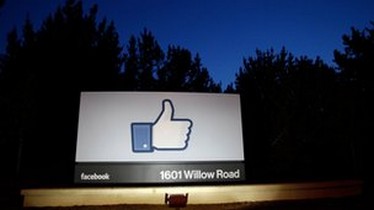Facebook “likes” are being added to webpages even if a user has not clicked a like button, or even visited the page in question, the company has admitted.

A US security researcher found that simply sending a web address to a friend using Facebook’s private messaging function would add two likes to that page.
Leaving a comment on a story within Facebook also adds to the tally.
The site told the BBC that no private information had been exposed.
The revelations coincided with the news that the network has surpassed one billion monthly active monthly users.
“Many websites that use Facebook’s ‘like’ or ‘recommend’ buttons also carry a counter next to them,” the site explained.
“This counter reflects the number of times people have clicked those buttons and also the number of times people have shared that page’s link on Facebook.
“When the count is increased via page shares, no user information is exchanged.
“We did recently find a bug with our social plug-ins where at times the count for the Share or Like goes up by two, and we are working on fix to solve the issue now.”
‘Like fraud’
The site explained that the figure represented how many times an item was shared – not how often users had clicked “like” on the page.
However, the number appears next to the word “like” and the site’s distinctive thumbs up icon.
The system means that users who may be sharing pages to highlight negative content – such as campaigners – are inadvertently making the page appear more popular.
In documentation relating to the function of the like button, Facebook details four criteria which cause the likes number to increase – only one of which involves clicking the like button.
Facebook stressed that the added likes were anonymous, and would not appear on the user’s timeline.
The site also said that its figure of 1.13 trillion likes – which was publicised as part of its announcement of having one billion active users – was not affected.
But researcher Ashkan Soltani, writing in the Wall Street Journal, argued that inflating the numbers in this way raises the prospect of “like fraud”.
He quoted an online commenter who pointed out that “if [you’re] visiting an online store and you see a lot of likes under the product then this might cloud your judgement”.
One expert told the BBC the findings were “disturbing”.
“Something intended for one purpose is being used for something completely different,” said Prof Alan Woodward from the University of Surrey.
“What else is being done automatically that we don’t know about?”





